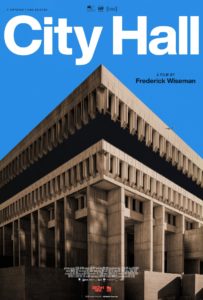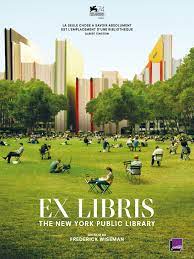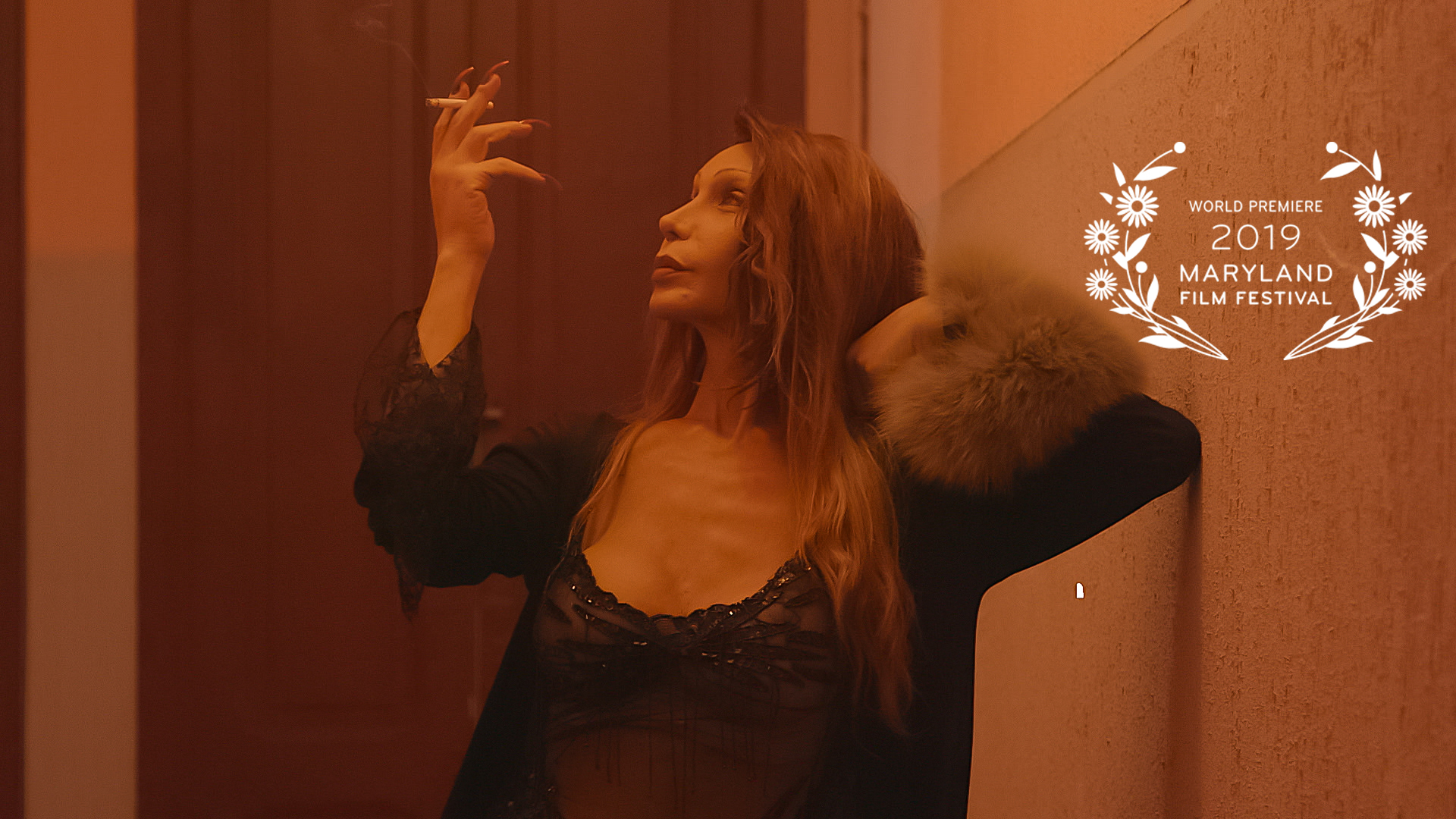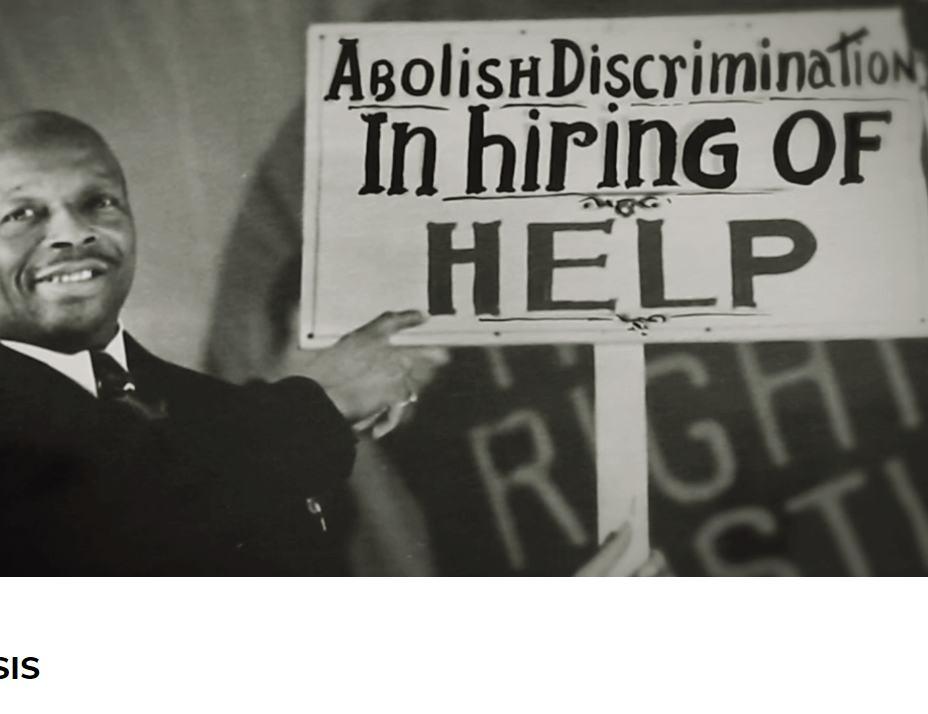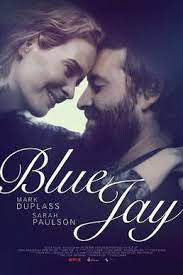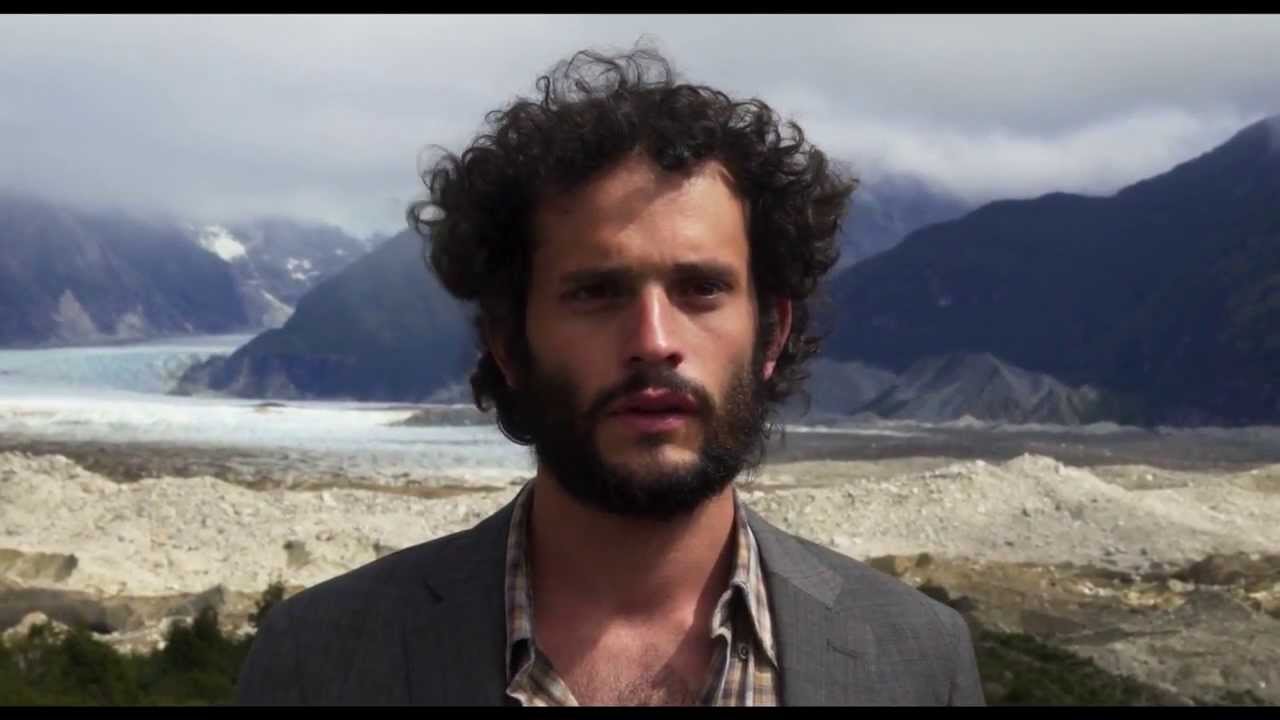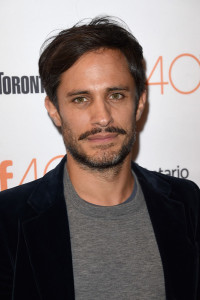 I’ve been on a bit of a figurative “bender” lately. Since September, in fact, when I was in Toronto for the 2015 Toronto International Film Festival and caught a glimpse of Gael Garcia Bernal. It was the world premiere of his film, Desierto, and he, along with director Jonas Cuaron, was in attendance. Desierto is a thriller about a group of Mexicans whose dreams of entering the United States become nightmares when they’re hunted, like animals, by a self-proclaimed defender of the American border. The film is a nail-biter from start to finish and showcases Garcia Bernal in a near pitch perfect performance. Whether interacting with his fellow migrants or facing the deranged vigilante (convincingly played by Jeffrey Dean Morgan) mano a mano, Garcia Bernal manages to skillfully capture, through his physical and emotional performances, the thoughts and actions of a man who’s risked everything for an unknown future.
I’ve been on a bit of a figurative “bender” lately. Since September, in fact, when I was in Toronto for the 2015 Toronto International Film Festival and caught a glimpse of Gael Garcia Bernal. It was the world premiere of his film, Desierto, and he, along with director Jonas Cuaron, was in attendance. Desierto is a thriller about a group of Mexicans whose dreams of entering the United States become nightmares when they’re hunted, like animals, by a self-proclaimed defender of the American border. The film is a nail-biter from start to finish and showcases Garcia Bernal in a near pitch perfect performance. Whether interacting with his fellow migrants or facing the deranged vigilante (convincingly played by Jeffrey Dean Morgan) mano a mano, Garcia Bernal manages to skillfully capture, through his physical and emotional performances, the thoughts and actions of a man who’s risked everything for an unknown future.
Needless to say, after Desierto I had Bernal on the brain. In what could I see him next? Streaming on Amazon Video, of course, where he stars in the serial comedy, Mozart in the Jungle. In MITJ, Garcia Bernal plays Rodrigo de Souza, rock star conductor of the New York Symphony. In its second season, the series is a hilarious romp through the world of professional classical music, and each episode is a treat. Both expansive and intimate, Garcia Bernal’s ability to entirely inhabit the role of de Souza and imbue it with thoughtfulness, grace and sensitivity is to watch him at his best (and the regular tight shots of his ruggedly handsome face and salt and pepper beard don’t hurt, I can’t lie).
You can imagine what came next . . . a MIJT binge-watching fest, of course. At the end of which, surely I’d had my fill . . . . Alas no, I wanted more (dare I say needed more?) and so found myself going back in time to some of Garcia Bernal’s earlier work. A treasure trove of options presented themselves, where to begin?With his break out film, Amores Perros (2001) or maybe his film that followed, Y Tu Mama Tambien (also 2001)? Or possibly the 2004 young Che Guevara biopic, The Motorcycle Diaries? No, I decided; I wanted something a bit more lyrical and more recent. So I started with Julia Loktev’s 2011 film, The Loneliest Planet, starring Garcia Bernal (Alex), Hani Furstenberg (Nica), and Bidzina Gujabidze (Dato) as three hikers making their way across the breathtaking Caucasus mountains of Georgia. It is a film in stark contrast to Desierto and a testament to Garcia Bernal’s rarefied acting chops.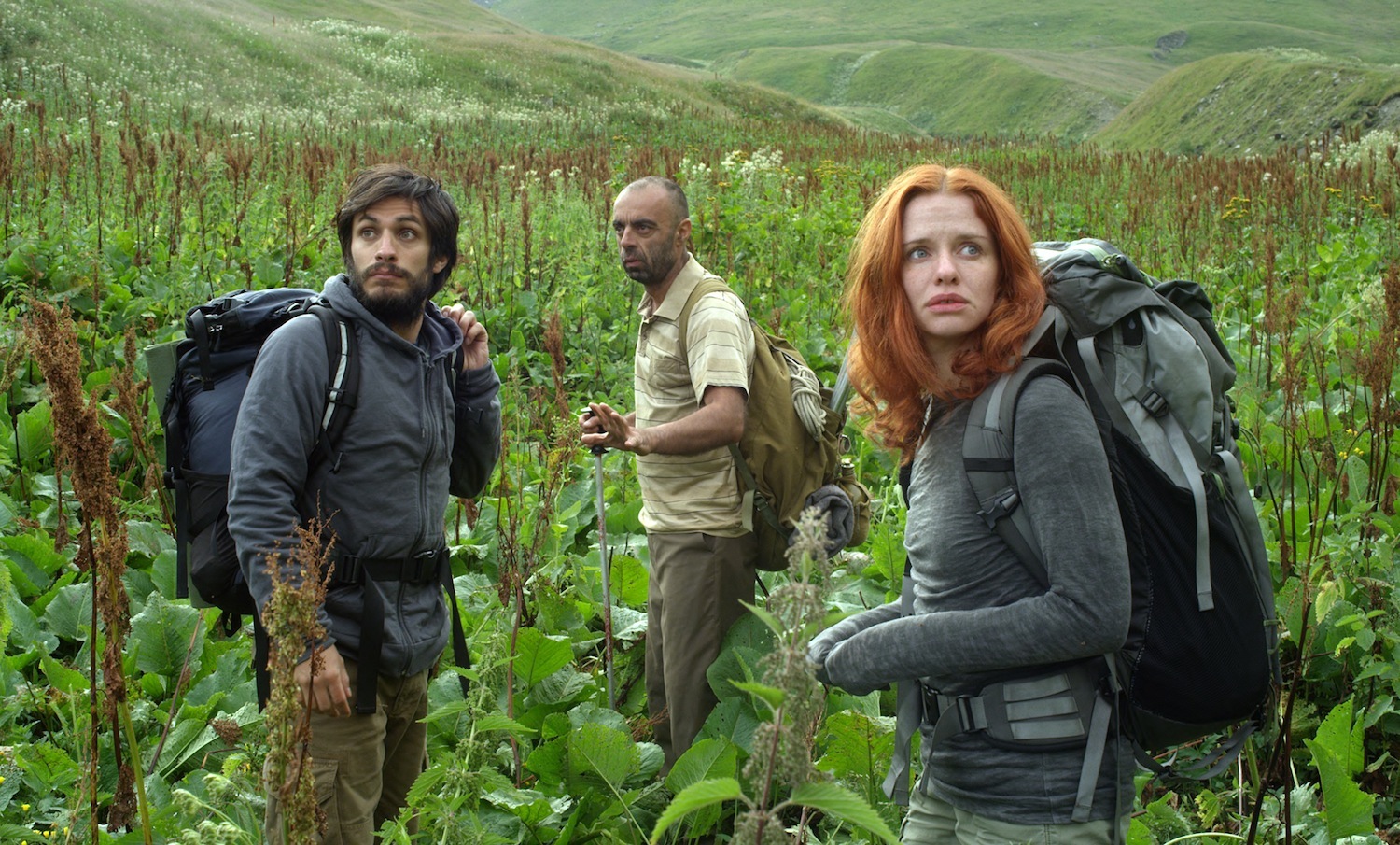
In the film newly engaged lovers Alex and Nica set out to hike the lush mountains with aid of their guide Dato. Dato is a native Georgian and, by all accounts, a true mountain man. And in the beginning all seems well as Alex and Nica appear deeply connected and madly in love. The film’s screenplay is intentionally minimalistic, so we’re forced to intuit what is happening on screen. And the tenderness between Alex and Nica speaks volumes. Until it doesn’t when an incident on the trail forces the lovers to reevaluate themselves, their notions of love and, ultimately, what it means to be “in relationship” with another human being.
The Loneliest Planet is, at first, a bit of a tough go. Slow to develop with many, many (too many?) shots that linger, we feel every aching minute as we lie in wait for something to happen. A loaded glance, perhaps. A cryptic exchange of words. Robber barons descending from the west, anything. But nothing comes so we are forced to wait. And wait, and wait. And you might catch yourself nodding off, lulled by the occasional swoon of the film’s soundtrack, but do so at your own peril. Because the payoff lies in the waiting. In the unexpected turn of events that shifts the slow-moving story to Shakespearean heights. Be careful because if you blink, you just might miss it. I almost did.
In some respects, The Loneliest Planet reminds me a bit of the 2014 Swedish film, Force Majeure, with its keen focus on marital (or near marital) relations and the expectations that derive therefrom. And while it’s not a film for the fairweather filmgoer, The Loneliest Planet is, in the end, very much worth the price of admission. If for no other reason than its capacity to make us slow way down and think about the fundamental meaning of humanity – ours and everybody else’s. And it’s this very practice of looking at our own “humanness,” turning it over in our heads, that Garcia Bernal does so well. He’s the consummate visceral actor. An actor for the ages. And I can’t wait to see what he does next.
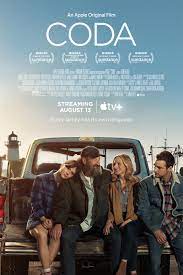 It seemed pretty fitting that I found myself sitting in a near empty cinema on Rosh Hashana waiting for the 2021 Sundance breakout sensation, CODA, to get underway. A film about new beginnings, CODA is a nuanced, uplifting coming-of-age story set in the seaside village of Gloucester, MA. Ruby Rossi, played by Emilia Jones, is a 17-year old high school senior who loves to sing. And as the only hearing person in her family of four, her parents and brother rely on her as their connection to the hearing world. When Ruby’s choir teacher suggests that she apply to the prestigious Berklee School of Music in Boston, Ruby finds herself at a crossroads. Should she leave her close knit family who sees her as a lifeline or abandon her soul’s deepest yearning and greatest joy?
It seemed pretty fitting that I found myself sitting in a near empty cinema on Rosh Hashana waiting for the 2021 Sundance breakout sensation, CODA, to get underway. A film about new beginnings, CODA is a nuanced, uplifting coming-of-age story set in the seaside village of Gloucester, MA. Ruby Rossi, played by Emilia Jones, is a 17-year old high school senior who loves to sing. And as the only hearing person in her family of four, her parents and brother rely on her as their connection to the hearing world. When Ruby’s choir teacher suggests that she apply to the prestigious Berklee School of Music in Boston, Ruby finds herself at a crossroads. Should she leave her close knit family who sees her as a lifeline or abandon her soul’s deepest yearning and greatest joy?